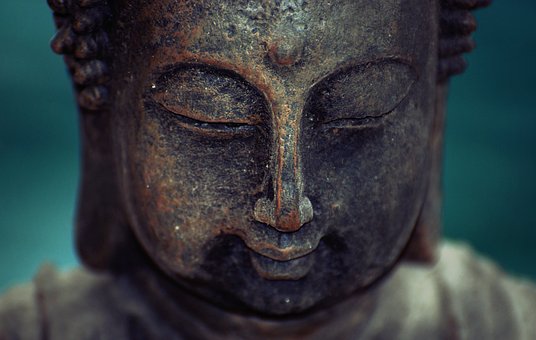It is typical of the Christmas season to give ourselves a special treat with beautiful stories that sweeten this time that is endearing and full of meaning for some, and upsetting and sad for a growing majority of people. In my case, I have had the opportunity to get to know the newspaper Marcas en el camino, written by Dag Hammarskjöld in his time as a Swedish government minister and later, when he was appointed Secretary General of the UN, in 1953. My friend Ruper Ormaza provides me with the book, which for a reason has been president of Unesco Etxea. And the special taste has come from reading it.
This is the only posthumous Nobel Peace Prize, after the plane crash that occurred in more than suspicious circumstances when he returned from mediating in the internal war suffered by the Congo. That was one of the conflicts in which he got involved from what he called “preventive diplomacy.” Another of his passions was political economy. Hammarskjöld, together with his brother Bo, then in the Ministry of Social Welfare, paved the way for the creation of the current so-called “welfare state”.
After his premature death, this diary was published, a text that has brightened my particular Christmas dates. It is a set of thoughts, poems, aphorisms and various reflections that remind me of the meditations of Marcus Aurelius without the Stoic approach, since a committed and at the same time hopeful spiritual look at reality prevails in the Swedish diplomat’s diary.
Hammarskjöld offers heart-pounding experiences that give value to life, encouraging the cultivation of one’s own garden, even with exclamations like this: “Woe to those who do not intuit its value!”. He wants us to take seriously our deep creative will, including the service that means improving the lives of others. His pages are a treatise on wisdom from his experience “on site” that demands the involvement of the reader. The times that he appeals to the force of the creative will, the knowledge of reality and of ourselves as an essential power to grow ourselves and to make humanity grow around us are recurrent. What you would have to dare, he tells us, is to be yourself, without measuring the height of the mountain before reaching the top; then you will see how low it was.
He is of the opinion that at every moment you choose yourself, although not all intimate choices achieve congruence between yourself and what you have chosen. Life encompasses far beyond the limits of our expectations, and for this very reason, life sometimes seems more difficult than death. Its pages are of a maturity full of radiant darkness far from the one who distributes recipes; They are the experiences of someone who ripens everything and brings fruit out of everything. Whoever finds life rickety, he reflects, is it not rather that his hands are too small, that his pupils are blurred, that he is the one who has to grow up? The longest journey, without a doubt, is towards the interior, one of the most fruitful places, where the importance of being welcoming must be appreciated to preserve tenderness. And beyond that, love, forgiving and knowing that we can believe in forgiveness just by forgiving ourselves. Thus it is possible to discover that humility is the opposite of humiliation.
All this written between trips and international conflicts, between government meetings and performances as a senior United Nations official. High politics that today does not enjoy a good press. Politics is our way of living in society, especially as this Swedish diplomat understood it: the dignity of the person instead of his exploitation, the common good of all, beyond a generic general interest. Faced with the growing disaffection of politics that prioritizes personal interest, the search for future security and power in its representatives, Hammarskjöld reflects in his diary the opposite: the political commitment and his selfless dedication to peace and the common good, evidencing the convincing force of his ideals.
However, his reflections do not come from a calm sea or peaceful lighting, but from a personal demand transformed into loneliness that disturbed him to the point of considering the idea of suicide. However, what his diary reveals is that the storms were not stronger than his constructive desire to live for himself and for others, in the midst of feelings of loneliness, which at times borders on despair and at others is charged with a deep spirituality thanks to the tireless search that is born of being a better possibility of oneself wherever one is.
Hammarskjöld himself called this interior biography “a kind of White Paper on my negotiations with myself and with God.” Curiously, he does not refer to any specific event or person in them; it is the markings on the road that matter, hence the name of his diary, whose depth is not the main characteristic of most politicians; at least that’s what they show. Let’s learn from this great character.
Analyst

